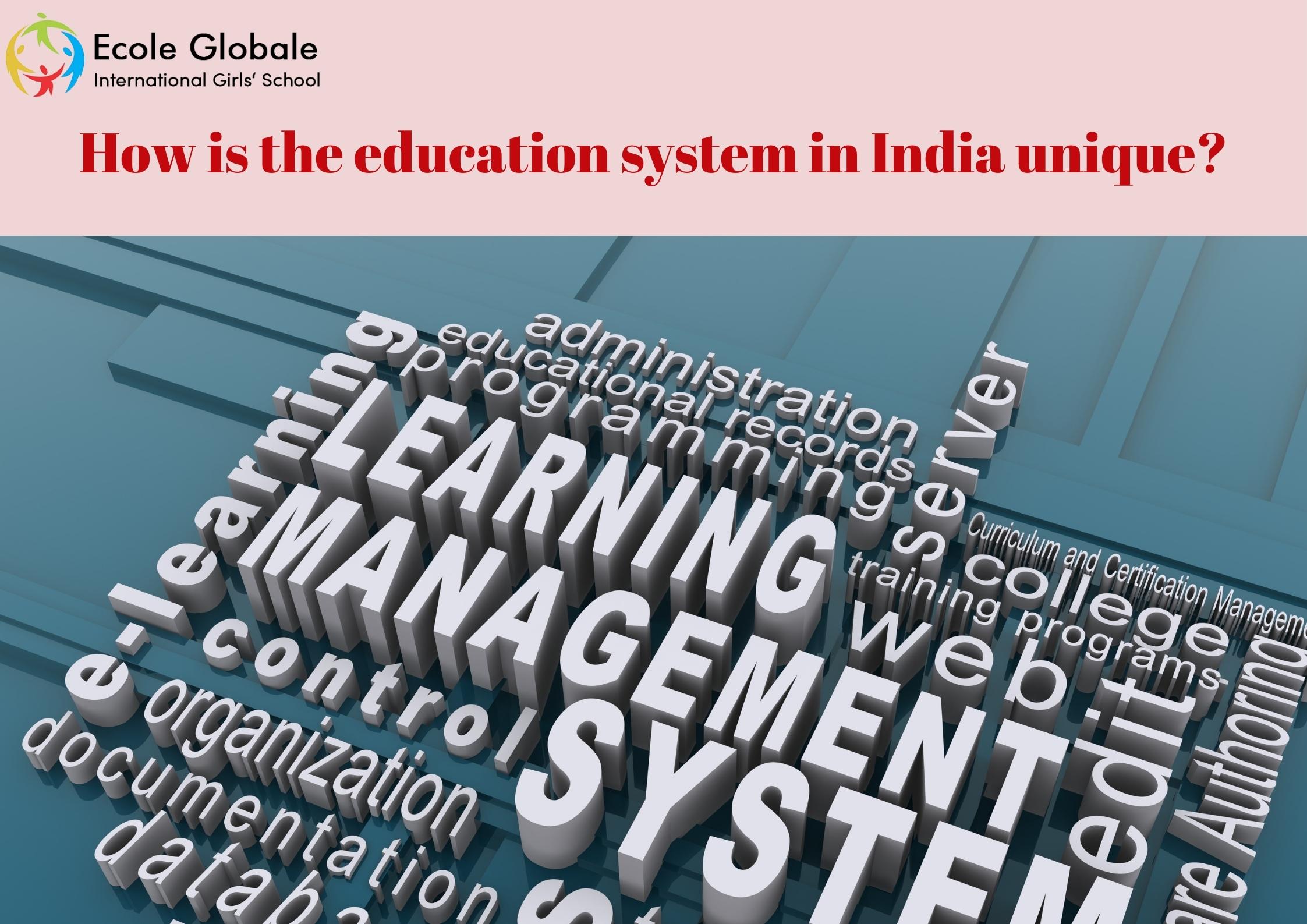The Indian education system is unique from its counterparts around the world. While Indian parents want their children to reach the best standards in education, they also want them to be good human beings thereby throwing questions on how is the education system in India unique.
The education system in India is unique in several ways: it is both conservative and revolutionary, it is regional and centralized, it is nationalized and heavily subsidized, it is free for the poor and for girls, but not for the rich and for boys because at some point lack of education causes poverty
India is a conglomeration of 29 states, seven union territories, and one national capital territory. Each state has its own government system. Students from different parts of the country are taught in English medium or their local dialect at different levels from the PlayGround to Professional Degree Courses.
Every state has its own educational policies and an education infrastructure but is centrally controlled. The National Council for Educational Research and Training (NCERT) provides education policy guidelines to all states in India. A Central Board of Secondary Education (CBSE) also regulates all affiliated schools in India. So how is Indian education unique? Here are some pointers to answer this question:
India is a land of vast diversity and there are many things about it that can be easily observed. As per research conducted by best schools in Dehradun, the education system in India is no different; it too has its own set of rules, regulations, and peculiarities that differentiate it from the mainstream. The education system in India is different from that in other developed countries like the US. That’s a given. Everyone says so. But what are these differences? And are they even significant?
Highlighting just how different the education system in India is from that of the rest of the world, this infographic highlights the ways in which a student from this country can get educated abroad. It deals with the curriculums followed in schools, the number of students passing out every year, and their options for higher studies.
There are many ways in which the education system in India is unique. To begin with, it has a very rich tradition of learning and teaching going back thousands of years. In fact, the Indian educational tradition has influenced other civilizations around the world.
Even today, the education system in India is still largely rooted in its time-tested traditional values and principles. This can be seen from the fact that most Indian schools and colleges still follow a curriculum that is based on the ancient Indian educational system.
Another unique feature of the education system in India is that it is highly structured with well-defined roles for each institution. For instance, primary schools are responsible for educating children up to the age of 10 or 12 years and for developing reading skills in them ; secondary schools are responsible for educating children between 13 and 16 years, and higher education institutions are responsible for educating students above 16 years of age.
The third unique feature of the education system in India is that it is very flexible. For instance, students can pursue their studies at any stage of life – be it during childhood or adulthood – without having to worry about being judged by their peers or teachers. This flexibility makes it possible for students to continue their studies even after they have completed their formal schooling period; thus making it easier for them to gain employment later on.
There are many ways in which the education system in India is unique. To begin with, it has a very rich tradition of learning and teaching going back thousands of years. In fact, the Indian educational tradition has influenced other civilizations around the world.
Even today, the education system in India is still largely rooted in its time-tested traditional values and principles. This can be seen from the fact that most Indian schools and colleges still follow a curriculum that is based on the ancient Indian educational system.
For any queries related to parenting, schooling, or any student-related tips, click here to check out our latest blogs






